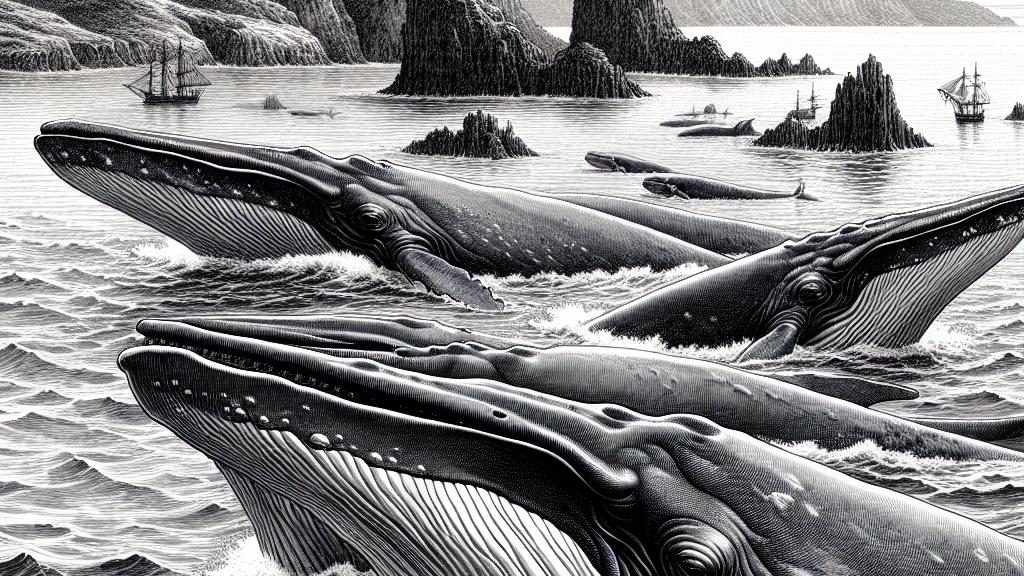Protecting China's Bryde's Whales at Sea
Overview
- The Northern Beibu Gulf is home to China's only known population of Bryde’s whales.
- Chen Mo leads crucial conservation efforts, focusing on understanding and protecting these magnificent creatures.
- Escalating human activities threaten their habitat, necessitating immediate and effective action.

Location and Ecological Importance
Situated between the picturesque Hainan Island and the Chinese mainland, the Northern Beibu Gulf is a vital sanctuary for Bryde’s whales. These whales, characterized by their streamlined bodies and distinctive three ridges on their heads, migrate to the rich waters surrounding Weizhou Island from September to April. This area, celebrated for its stunning volcanic landscapes, presents an ideal environment abundant with fish and artificial reefs, serving as essential feeding and breeding grounds. Given this unique setting, it becomes increasingly evident why conservation efforts are so essential to protect both the whales and their habitat.
Current Threats to Bryde’s Whales
Amidst their idyllic environment, Bryde’s whales face significant challenges primarily stemming from human activities. Increasing commercial fishing and booming whale-watching tourism have made their waters more crowded than ever. Picture this: boats filled with eager tourists trying to catch a glimpse of the whales, often getting too close and disrupting their natural behaviors. Such disturbances can cause stress to these majestic creatures, impacting their feeding and mating rituals. Chen Mo, along with his passionate team, actively combats these threats by organizing community workshops aimed at promoting responsible whale-watching practices. These initiatives not only raise awareness but also highlight the importance of coexisting with these extraordinary marine mammals. By creating a culture of respect, they inspire local fishermen and tourists to protect this precious species.
Creating a Comprehensive Conservation Database
Dedicating over 70 days at sea, Chen Mo has meticulously documented vital data that is crucial for the future of Bryde’s whales. This detailed research involves tracking the whales’ movements, social interactions, and feeding habits. For instance, identifying their favorite feeding spots can inform policies to regulate boat traffic in those areas, greatly reducing potential disturbances. Every observation serves not only as evidence of the species’ existence but also as a tool for educating policymakers on the need for urgent conservation measures. As global concern for marine biodiversity escalates, this extensive database will play a pivotal role in advocating for strategic protections that ensure Bryde’s whales continue to thrive in their natural habitat. The combination of data collection, community involvement, and targeted conservation strategies creates a hopeful narrative for safeguarding the future of these magnificent creatures.

Loading...